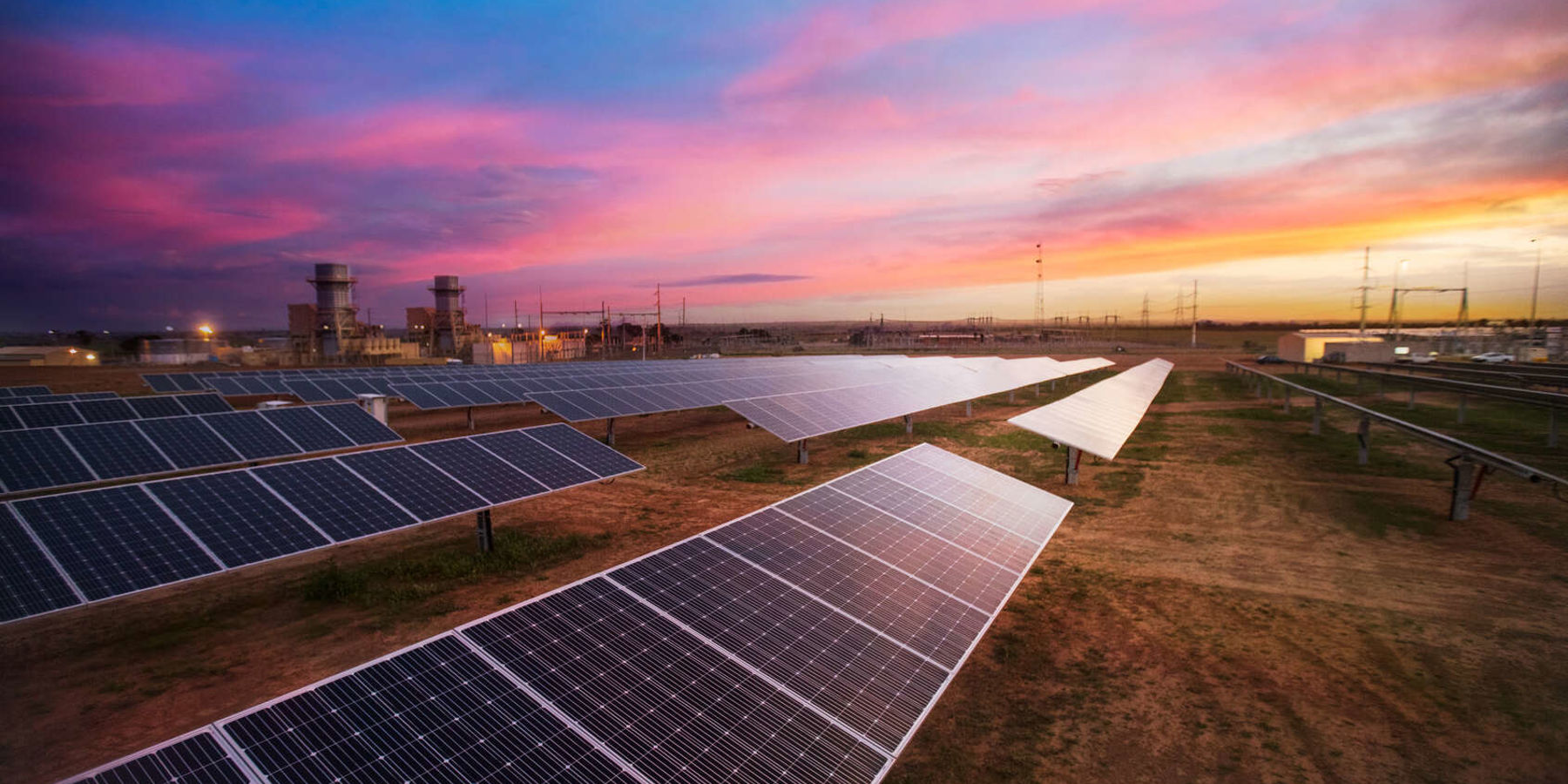Sustainability is a key priority for our business.
The electricity sector plays a critical role in shaping the future of sustainable energy and we’re working to achieve sustainability across our operations, and on how we can support the community to achieve their sustainability goals.
Guided by the United Nations’ 17 Sustainable Development Goals (SDG’s), we identified five SDG’s where we can contribute. Here’s how we’re working to embed these into, and across, our business.
1. Provide access to affordable and clean energy
Renewable energy is playing a huge part in improving sustainability, and we’re embracing that transition. The grid is evolving to become more flexible and meet the energy needs of the community.
Over the last few years, we’ve integrated new technology, like community batteries, and connected more renewables, like rooftop solar and wind farms, to the grid.
In fact, around 33% of the energy needs from the grid are met by renewable sources.
We’re safely connecting green power sources and working to improve power reliability for regional customers through technologies like stand-alone power systems (SPS), microgrids and mini-pumped hydro.
This increase in renewables enables decarbonisation of our energy network, lifestyles and economy.
To enable decarbonisation we’re:
- Connecting more Distributed Energy Resources to the grid. DER enables alternative energy technologies and creates opportunities for a cleaner, greener future
- Enabling electrification. Enabling customers to use renewable power instead of fossil fuels in their transport, industry, homes and businesses (such as EVs).
- Reducing our carbon emissions. Since 2008 we’ve reduced our greenhouse gas emissions by 30%.
- Working towards net-zero targets, including:
- Supporting the Government’s DER roadmap
- Connecting more solar and wind farms, and residential solar
- Trialling new projects like Project Symphony, a virtual power plant
- Replacing all streetlights with LEDs
- Transitioning at least 25% of our light vehicle fleet to electric vehicles (EVs) by 2025
2. Support job creation and economic growth
Using WA skills and expertise creates jobs in our community, increases participation and supports the State’s economic growth. Through responsible and sustainable procurement, we can continue to provide safe, affordable and reliable services. For example, our community batteries, SPS and microgrids were built and installed by West Australian companies. And our new Albany depot is being constructed by a local builder, creating around 70 local construction jobs.
Currently, 66% of our annual spend is with local WA based businesses, well on the way to our 70% long-term target, and we’re working to increase the participation of WA’s Aboriginal businesses.
This focus on local jobs, engaging local industry, minority groups and regional providers for our goods and services, where possible, is supported through our Sustainable Procurement Standard.
3. Reduce inequalities in our community
We’re committed to creating equality within our workplace We actively recruit and promote a diverse and inclusive work environment with more than a quarter of our employees identifying as culturally or linguistically diverse. This commitment to diversity also includes a focus on employing and supporting:
- Women in leadership positions
- Aboriginal and Torres Strait Islander employees
- Employees with disability; and
- Youth.
4. Procurement practices
Our procurement practices also impact our community. We have four key principles to guide our sustainable procurement standard.
- Protect the natural environment and responsibly reduce waste - we’re embracing the opportunity to protect the environment by reducing waste and responsibly reducing our impact.
- Improve resource efficiency - we’re working to manage used power poles and general waste. Our transition to a modular grid will reduce wood pole waste, and we’re investigating ways to recycle wood poles at their end of life. We’ve already recovered around 3,500 tonnes of waste material over the course of our transition and expect to avoid the waste of 100,000 wood poles over the longer-term.
- Follow strict environmental management processes - out in the field, our crews work hard to protect the environment around us. WA’s unique flora, fauna and indigenous heritage sites can mean a creative approach to environmental management is sometimes required. Case in point - the Red Hill quarry project.
Above: the existing transmission line that needed to be moved (purple/green line) and the new transmission line (red line).
4.Transition to more environmentally friendly materials
We’ve been running a trial using synthetic ester oils to insulate transformers, instead of petroleum-based mineral oils. They are safer, non-toxic and 70% more biodegradable.
5. Support decarbonisation to mitigate the effects of climate change
Decarbonisation is key to our network’s energy transformation. By facilitating the increase of renewables on the grid, we’re helping to reduce carbon emissions. This is a key priority for our business as we look to support new DER technologies including increasing solar, batteries, SPS, microgrids, mini-pumped hydro and virtual power plants (VPP).
With our Sustainability priorities in place and a sustainability lens across our technological, business and operational objectives, we’re excited about our energy transformation to help achieve a brighter, better and more sustainable future for the community.
